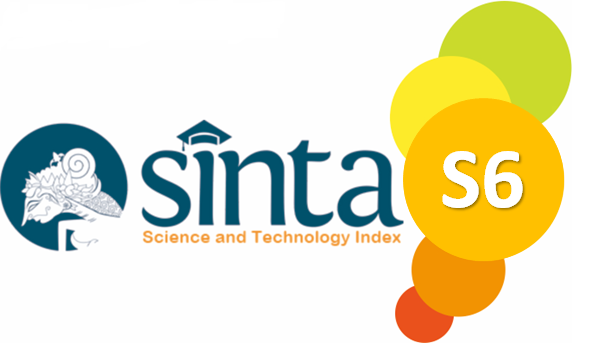Peran PBB dalam Advokasi Hak Masyarakat Adat dan Kegagalan The Voice to Parliement di Australia
DOI:
https://doi.org/10.59141/cerdika.v5i6.2710Keywords:
United Nations, Indigenous rights, Australia, political recognition, UNDRIPAbstract
This article explores the role of the United Nations (UN) in encouraging the recognition of Indigenous peoples' political rights in Australia. It examines the historical marginalization of Aboriginal and Torres Strait Islander peoples, the limitations of domestic reforms such as the 1967 referendum and the failed 2023 referendum on the Indigenous Voice to Parliament, and the international responses led by UN mechanisms. By analyzing key UN instruments-particularly the United Nations Declaration on the Rights of Indigenous Peoples (UNDRIP) and the reports from the UN Special Rapporteur on the Rights of Indigenous Peoples-this article argues that the UN has played a significant normative and diplomatic role in promoting political inclusion. The UN's interventions have pressured the Australian government to align with international standards on Indigenous rights, although domestic implementation remains inconsistent. The paper concludes that while the UN cannot compel legal change, its continued advocacy, monitoring, and standard-setting are crucial in supporting Indigenous communities' struggles for political recognition in Australia.
Downloads
Published
How to Cite
Issue
Section
License
Copyright (c) 2025 Bunga Aprilliyanti, Alvinnur Salsabilah, Amalya Putri S.L, Radhitya Ziqry Razzani, Roy Setiawan

This work is licensed under a Creative Commons Attribution-ShareAlike 4.0 International License.











